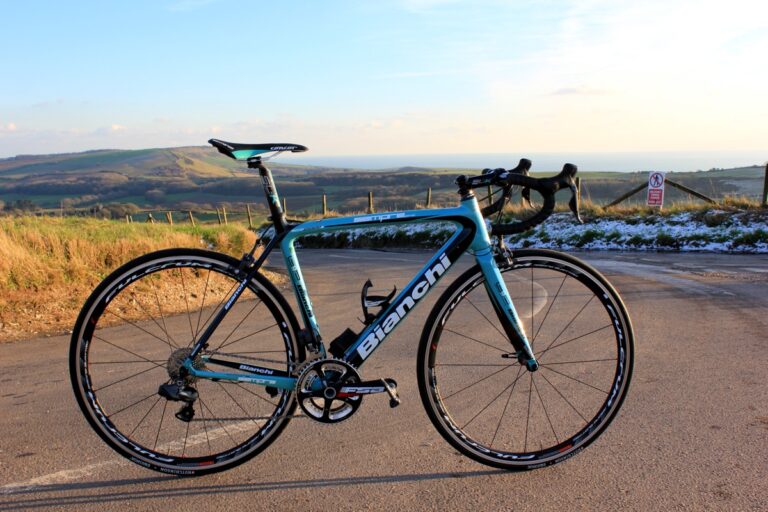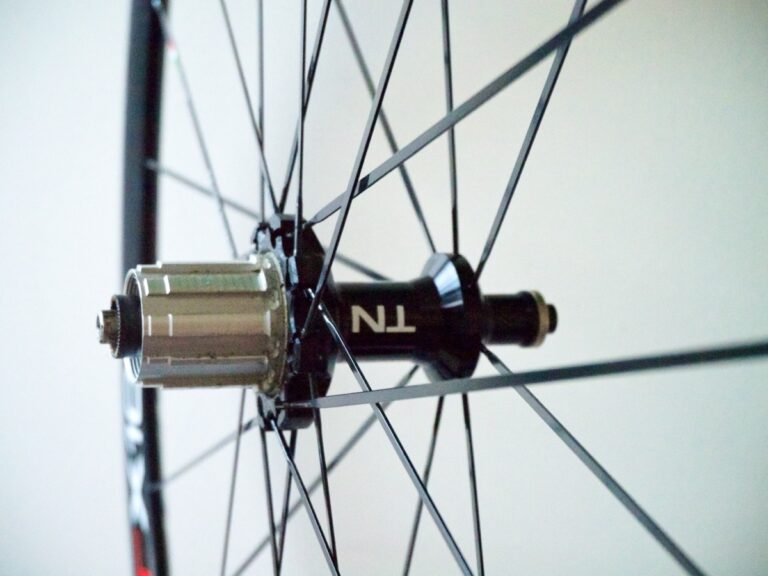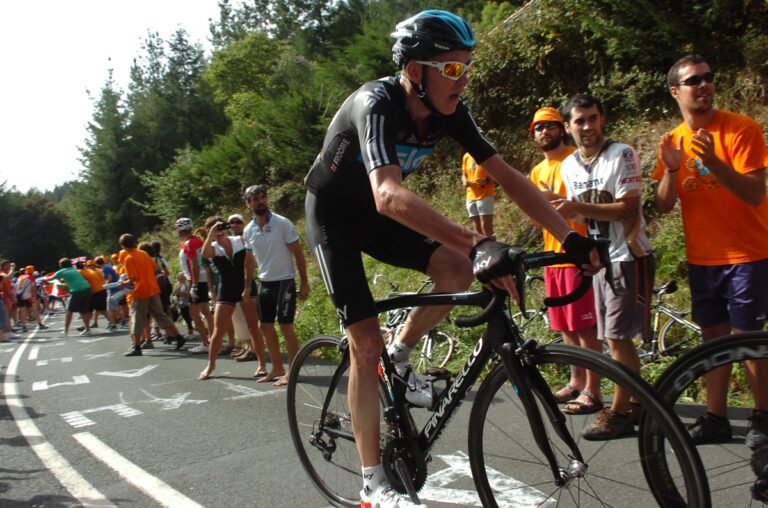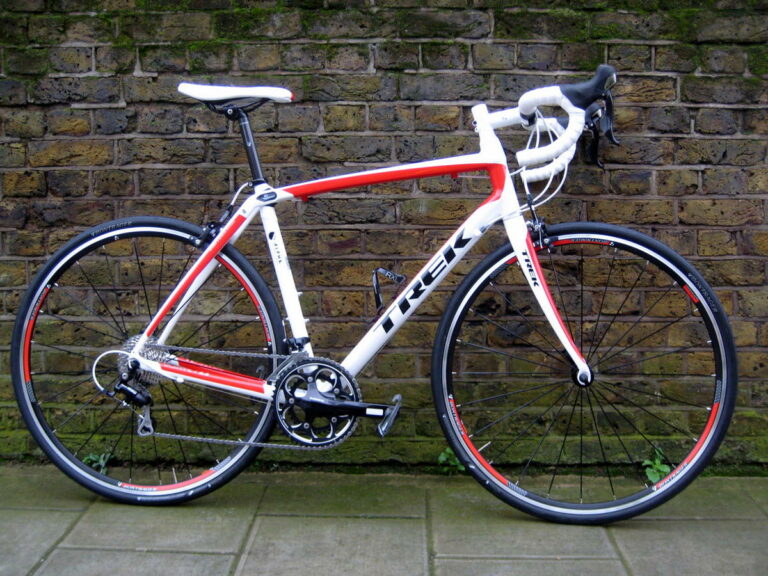Great Britain’s Olympic cycling team will receive £2m less than its rowers to prepare for the 2016 Olympic Games in Rio, despite winning more medals in London.
Sir Chris Hoy, Bradley Wiggins, and Laura Trott were part of an Olympic team that won 12 medals in August, more than any other sport contested by Great Britain, exceeding their target of between six and 10 medals. British Cycling will receive £30m to prepare the Olympic team for Rio.
The rowing team, however, which won nine medals in London against a target of six, and from 14 events compared to the 12 available to the cyclists, will receive £32.6m in the lead up to 2016. Britain’s rowers were also given £2.3m more than the cycling team to prepare for London.
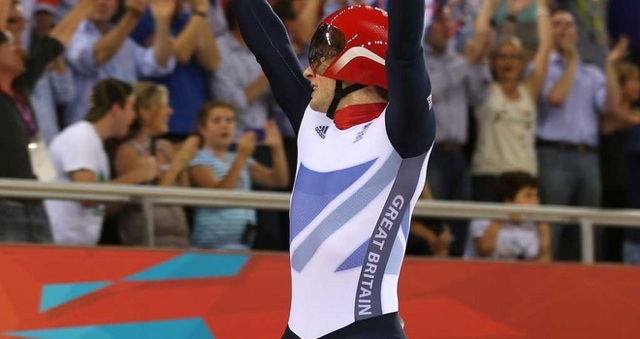
A spokesperson for UK Sport, the government agency charged with distributing funding from the taxpayer and National Lottery, said its funding model was based on consideration of a sport’s future medal potential, the funding required to win medals in that sport, and the number of athletes.
She offered a rowing ‘eight’ as an example of a sport requiring funding for eight athletes (Britain’s men won a bronze medal in London; the women’s team finished fifth).
Paralympic cycling team
Great Britain’s Paralympic cyclists will receive some £25.9m less than the able bodied cycling team to prepare for Rio, despite winning 10 more medals in London.
Both cycling teams topped their respective medal tables with a haul that included eight gold medals, but the Paralympic squad won seven more silvers and three more bronze medals.
They will receive £6.7m to prepare for Rio 2016, compared to the £30.6m investment in the able bodied team. Paracyclists received about £4.2m to prepare for London 2012.
UK Sport’s spokesperson highlighted the increased neccessity for international travel of an Olympic team inflated running costs, and said sports like cycling with shared facilities and coaches allowed the Paralympic programme to benefit from funding given to to the Olympic squad.
She added that each athlete, Olympic or Paralympic, received the same funding from an Athlete Performance Award.
While the number of medals won by Paralympic teams was generally higher than Olympic squads, Paralympic sports more likely to produce multi-medal winning athletes, she added. Sarah Storey, for example, won four gold medals in London.
Funding for Rio
The Rio settlements have been announced as part of a £347m investment in Britain’s Olympic and Paralympic athletes for the next Games.
UK Sport has set Britain’s athletes the goal of becoming the first nation in living memory to win more medals at an Olympic and Paralympic Games following those where they represented the host nation.
They will be expected to be “at least as competitive” in Rio 2016 as in London 2012. Additionally, UK Sport is targeting “a stronger, more sustainable high performance sport system”.
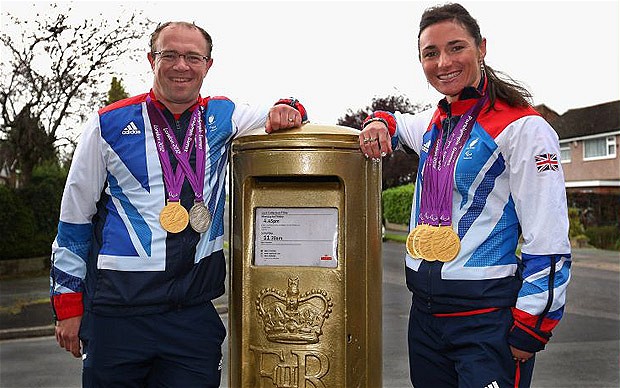
Funding comes from the tax payer and the National Lottery and will be split between 42 sports with “credible medal potential in 2016 and 2020.
Overall investment in both teams has increased by 11 per cent from the settlement received to prepare for London, with the Paralympic team rewarded with a 43 per cent increase in their share of the funding; the result, said sports minister, Hugh Robertson, of the “extraordinary success” of Paralympic athletes this summer.
Baroness Sue Campbell, Chair of UK Sport, described the investment as “unprecedented”.
“London 2012 was just the beginning, not the end, for Olympic and Paralympic sport in this country, and we plan to continue to make this funding work as hard as it can to help our best athletes achieve medal success at the highest level,” she said.
Liz Nicholl, UK Sport’s chief executive, added that making the funding decisions had not been easy.

